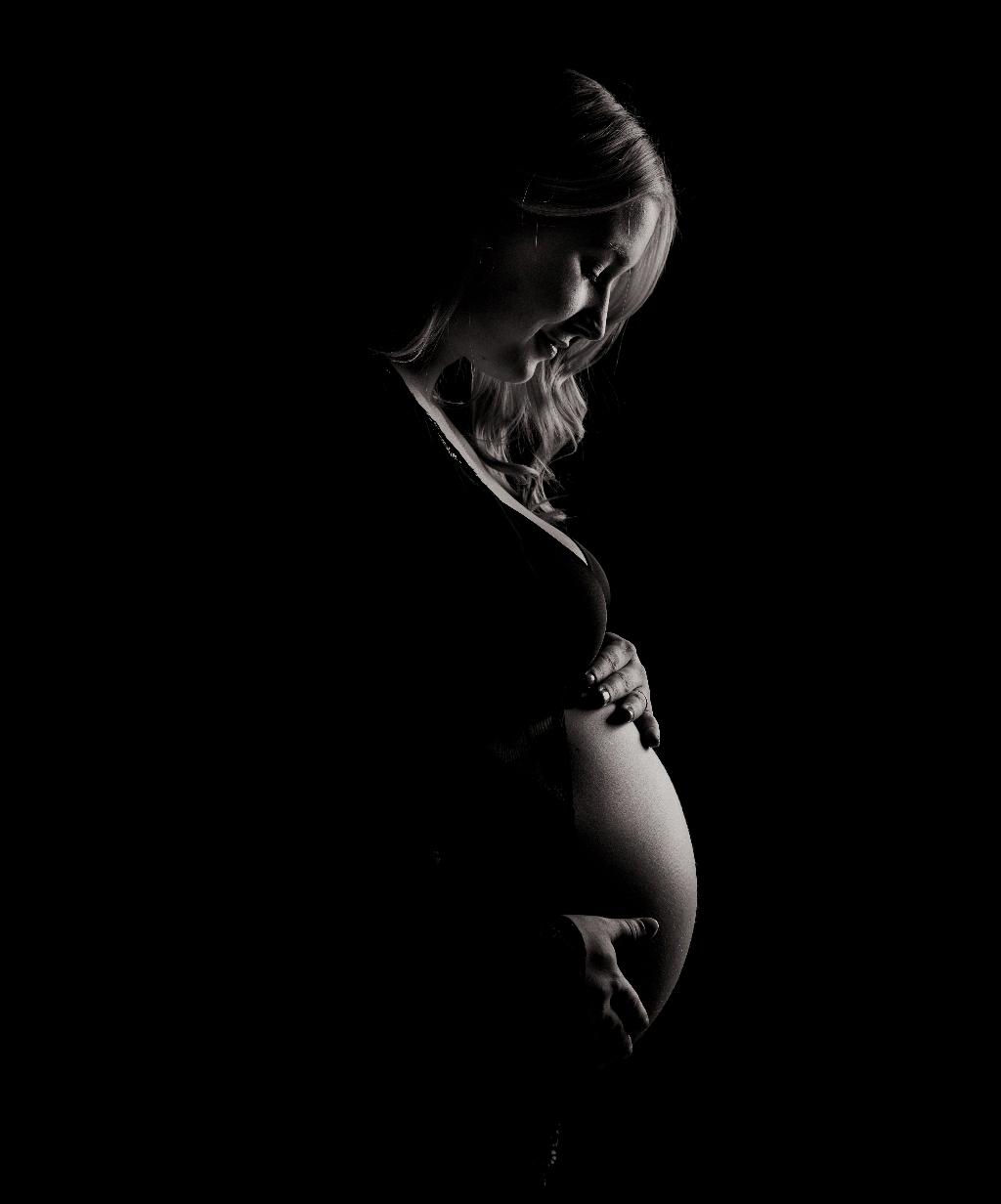At 15 weeks pregnant, your baby is undergoing remarkable developments in the womb. During this stage, your little one is starting to hear sounds from the outside world for the first time. These sounds may be somewhat muted, but they include noises such as your digestive system functioning, your voice, your heartbeat, and sounds coming from your surroundings.
Another significant change happening at 15 weeks is your baby’s eyes becoming more sensitive to light. This sensitivity prepares their visual system for the world outside the womb. It’s incredible to think about the complex processes unfolding inside your belly, shaping your baby’s ability to interact with the environment once they are born.
As your pregnancy progresses, your baby is gradually perfecting their sucking and swallowing reflexes. By 15 weeks, they may be practicing these movements by sucking on their thumb. These reflexes are essential for feeding once your baby arrives and are crucial developmental milestones to monitor.
Furthermore, at 15 weeks, your baby’s body proportions are becoming more harmonious. Their head is still relatively large compared to the rest of their body, but this difference is starting to balance out. Your little one’s limbs are also lengthening, allowing for more fluid movements within the confined space of your uterus.
Amidst all these developments, your baby’s skin is becoming more opaque as fat deposits begin to form underneath the surface. This fat is essential for regulating body temperature after birth and providing energy reserves. The soft lanugo hair that once covered their body is also gradually disappearing as they prepare for life outside the womb.
By 15 weeks, your baby’s tiny body is growing rapidly, and you may start to feel their movements more distinctly. These movements, often described as flutters or quickening, are an exciting milestone in your pregnancy journey. As your baby becomes more active, you may even notice specific patterns in their movement throughout the day.
One fascinating aspect of your baby’s development at this stage is their ability to make facial expressions. While it may be challenging to see these expressions on an ultrasound, your baby is already practicing movements like frowning and squinting. These facial expressions are early signs of your baby’s burgeoning personality.
Additionally, at 15 weeks pregnant, your baby’s organs are continuing to mature and refine their functions. Their liver is producing bile, which aids in digesting nutrients, while their kidneys are excreting urine into the amniotic fluid. These processes are essential for maintaining a healthy environment within the womb.
As your baby grows, their bones are ossifying and strengthening, preparing for the demands of supporting their body weight after birth. The skeletal system is developing rapidly, and by 15 weeks, your baby’s bones are becoming more defined and resilient. This transformation sets the foundation for their mobility and growth outside the womb.
Moreover, your baby’s brain is undergoing significant growth and complexity at 15 weeks pregnant. Neural connections are forming rapidly, allowing for more sophisticated brain functions. These connections pave the way for future learning, memory, and cognitive abilities that will continue to evolve throughout childhood and beyond.
Another crucial aspect of your baby’s development at 15 weeks is the maturation of their respiratory system. While they are not breathing air in the womb, their lungs are practicing rhythmic movements that simulate breathing. This practice helps strengthen their respiratory muscles and prepares them for their first breaths after birth.
Lastly, at 15 weeks pregnant, your baby’s movements may be more coordinated and purposeful. You might feel them responding to stimuli such as noise or touch, showcasing their growing awareness of the world around them. These interactive movements indicate that your baby is becoming more engaged with their surroundings, setting the stage for bonding once they are born.

